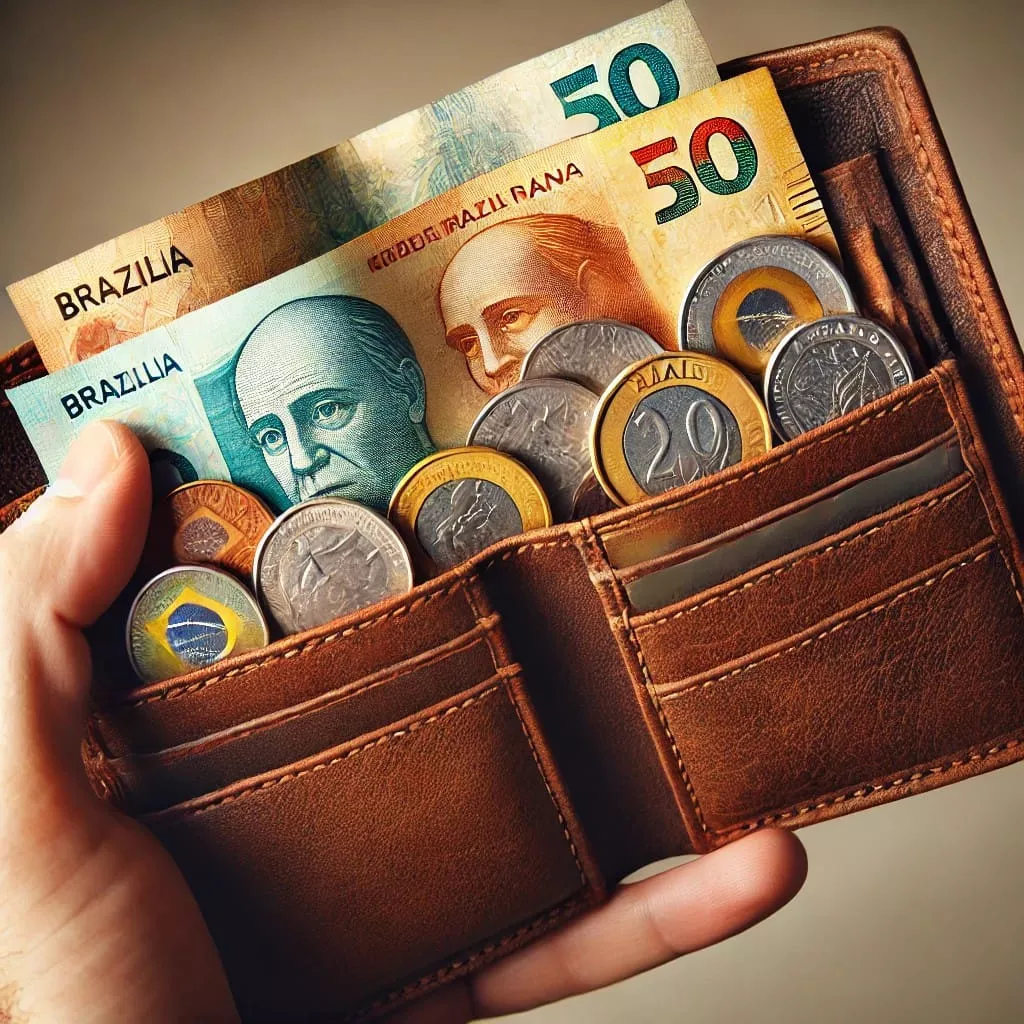How to organize your personal finances practical tips, may seem challenging, but it is essential to ensure financial stability and achieve your long-term goals.
However, with modern life, where expenses are high and the temptations to consume are constant, knowing how to control what comes in and what goes out of your account is important.
It is certainly essential to avoid problems such as debt and lack of savings.
In this article, you will learn practical tips for organizing your finances, set financial goals and use tools that facilitate this process, such as financial control applications.

Therefore, the first step to organizing your personal finances is to understand exactly what your financial situation is.
This certainly means knowing, in detail, how much money you earns (income) and how much you spend (expenses).
The best way to do this is to list all your sources of income, such as salary, extra work, and any other types of income.
Next, list all your expenses, including housing, food, transportation, leisure, and small purchases.
To make the process easier, organize your expenses into categories. This helps you visualize where you're spending the most and, consequently, where you can cut costs.
Keeping a monthly record of your income and expenses is a simple way to avoid surprises at the end of the month and to ensure that you're not spending more than you earn.
This clear view of your finances will be the starting point for making better decisions about your money.
Once you understand your financial situation, the next step is to set goals. Goals are important because they give your money direction, preventing you from spending it in a disorderly manner.
A good practice is to set short, medium, and long-term goals. Short-term goals could be, for example, saving for a trip or paying off debt.
Medium-term goals might include buying a car, while long-term goals might involve buying a house or retiring.
A widely used technique is the SMART methodology, where goals need to be:
For example, a specific goal might be “Save R$ 5,000 for emergencies in 12 months.
This gives you clarity and motivation to control your spending and direct your money towards what really matters.
With an understanding of your finances and defined goals, it's time to create a monthly budget.
A budget is essentially a plan for how you will spend your money each month.
The idea is to distribute your income among the expense categories you listed earlier and, of course, set aside a portion for savings and investments.
A simple and effective technique is the 50/30/20 rule. It works like this:
This formula isn't rigid, but it offers a solid foundation for anyone looking to balance their finances.
The most important thing is to ensure that you always set aside part of your income for a financial reserve or investments.
Debt can certainly be the main obstacle in organizing your finances.
If you have debts, prioritize paying them off, especially those with high interest rates, such as credit cards and overdrafts.
Avoiding the accumulation of new debt is essential to ensuring the health of your finances.
An effective strategy is the “snowball effect,” where you list your debts from smallest to largest and start paying off the smallest debt first.
As you pay off smaller debts, you gain motivation to keep going until you eliminate them all.
Additionally, it is essential to pay your bills on time to avoid fines and interest.
Plan your bills so that they are due on the same day you receive your income, ensuring there is always money available to pay them.
For those who want extra help organizing their finances, there are several financial control apps that can be powerful allies.
They allow you to record your income and expenses, track your budget, and even set financial goals.
In conclusion, organizing your personal finances may seem complicated at first, but with discipline and the right tools, you will be able to have complete control over your money.
Ultimately, understanding your finances, setting goals, creating a budget, and using apps to monitor your spending are practical and efficient steps toward achieving stability and financial freedom.